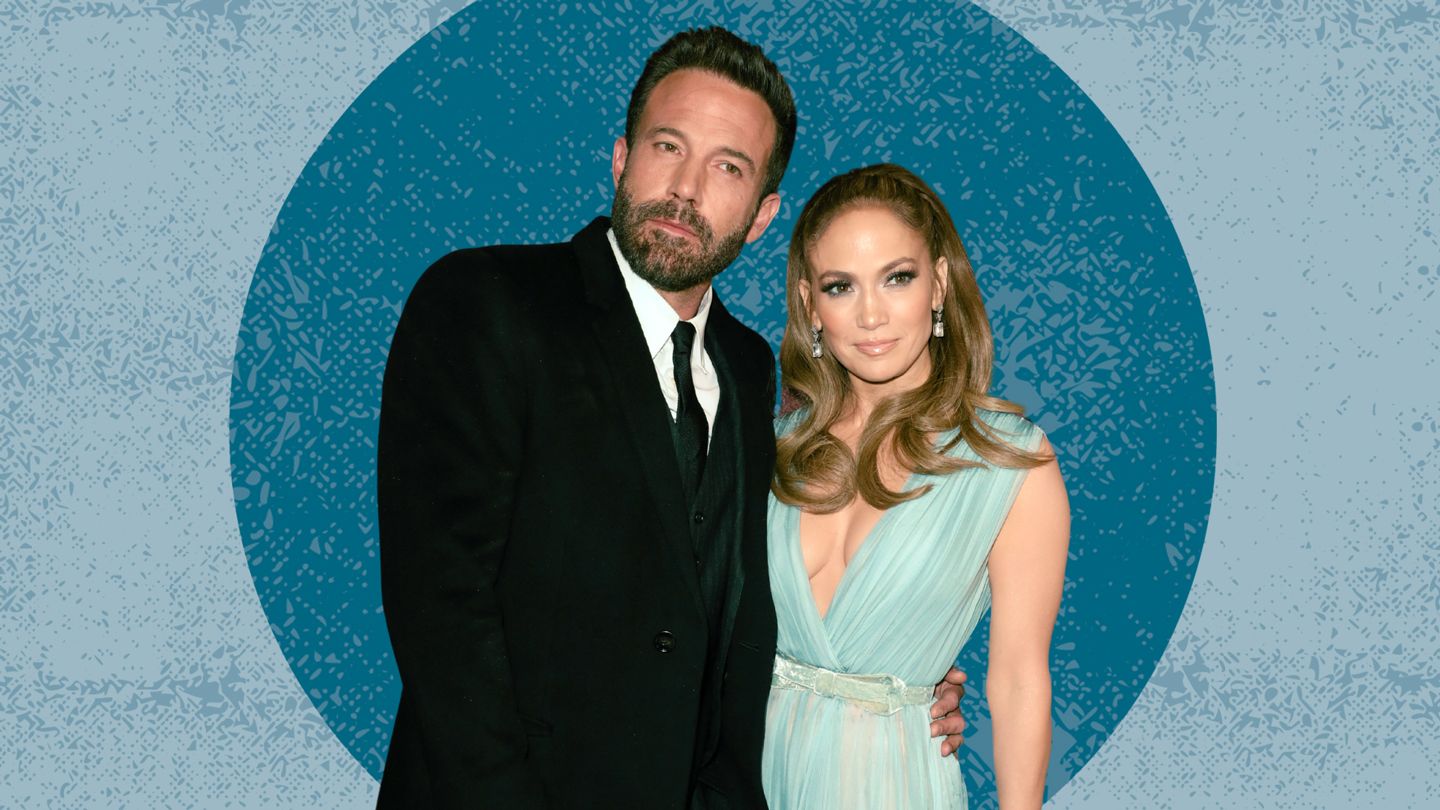Ben Affleck and Jennifer Lopez — affectionately known as “Bennifer” — are back together after nearly two decades apart. The actor and singer-actor have made a dramatic return to the headlines that has many people asking the age-old question: Should I get back with my ex, too?
It’s a question that plagues a lot of people, says Laura F. Dabney, MD, a psychiatrist specializing in marriage and relationships, based in Virginia Beach, Virginia.
“It’s comforting to know somebody already,” Dr. Dabney says — versus the fear of something new. “And when the attraction is still there, too, that desire to make it work can be very appealing.”
What’s more, it can be difficult to grieve the loss of a relationship, says Bonnie Scott, a licensed professional counselor in private practice in San Antonio, Texas. “So, if we can slide back into a pattern with an ex, there’s no end to mourn. And that’s pretty tempting.”
Psychologists who study sexual nostalgia have found that to be true. A study published in 2020, for example, found that particularly when people are not in another relationship or are not sexually or emotionally satisfied, they’re more likely to desire a past partner. Biology may be at play. Other research suggests that our brain’s reward system gets triggered when we think about a partner we are in love with, either happily or unhappily.
If there is trust and confidence in a previous partner, working things out with an ex can be very positive, Dabney says. “But if there’s a lot of tumult, insecurity, and lack of trust, it can do the exact opposite.”
How can you decide which situation you’re in? Here are seven important questions to ask yourself before getting back together with an ex, à la Lopez and Affleck.
1. Are There Major Red Flags That Could Threaten You (and Your Well-Being)?
It’s important to consider any big red flags that getting back together with an ex could involve, especially those that could put your safety or well-being at risk.
Dabney says that some of these red flags include: addictions, severe psychological issues (such as self-harm), legal or financial trouble, lack of empathy, and verbal or physical abuse.
Don’t take these red flags lightly. They can lead to significant emotional and financial disruption for you, and they are often good reasons to end a relationship, Dabney says. “No matter how understanding, patient, or sympathetic you are, these red-flag issues require professional help and, even then, will take a long time to resolve.”
2. Why Did You Split Up in the First Place?
Take a minute and reflect. Dabney recommends tackling the big question first: “Why did you split in the first place?” Then ask a few follow-ups: Was it that you didn’t get what you needed or wanted and didn’t express it? Or was the reason you split up one of the aforementioned red flags?
3. What Do You Want From a Relationship?
All too frequently, people have trouble naming what they want from a relationship, says Dabney. Many people struggle with feeling as though they’re not what their partner (former or prospective) wants and try to fit into a certain mould. In the process, they neglect to consider what’s really going to make the relationship fulfilling to them. You’re not going to get the relationship you want unless you can identify the components that are important to you, Dabney adds.
4. Can You Productively Talk It Out?
Talk with them, stating what you need and want, and ask them if that’s something they understand or knew already, says Dabney. And then from there, listen to what they need and want in the relationship going forward. Are you able to establish a compromise for both parties? Be sure you leave the conversation having determined “this is what we’re going to do in the future,” so that both of you will ultimately have what you want and need.
5. Are You Truly Prepared to Behave Differently to Make This Work? And Is the Other Person Also Ready to Do That?
What will be different if you get back together? Are you willing to make changes, even if they are dramatic or require a lot of effort?
“If we can’t dig into some painful spots and assess the patterns and behaviors that didn’t work, then we will continue with those patterns, and reconciliation is likely to waste everyone’s time and emotional energy,” says Scott. If a client can sincerely say, yes, both of us are ready to be different, she then poses a follow-up question: “How so?” Can you both nail down exactly how the two of you need to behave?
6. What About This Relationship Is So Important to You That It‘s Worth This Kind of Work?
If a client can say, “Yes, both of us are ready to be different,” Scott’s next question helps put the entire relationship into perspective: Why is it so important to you? Is this question difficult to answer? Or is the answer simple: You see your future — and maybe even your forever — with this person.
7. What Is the Motivation for Getting Back Together?
Is there a specific reason why your ex wants to get back together? It’s important that you determine the motivating factors as to why your former partner wants to reunite, Dabney says. Try to get a feel for whether it’s part of an authentic desire to be together — or not. Perhaps it’s about status, or maybe it’s just easier for your ex to turn to you, as opposed to facing the fear of finding somebody new. Both of those are red flags that the desire to reunite is not authentic.
